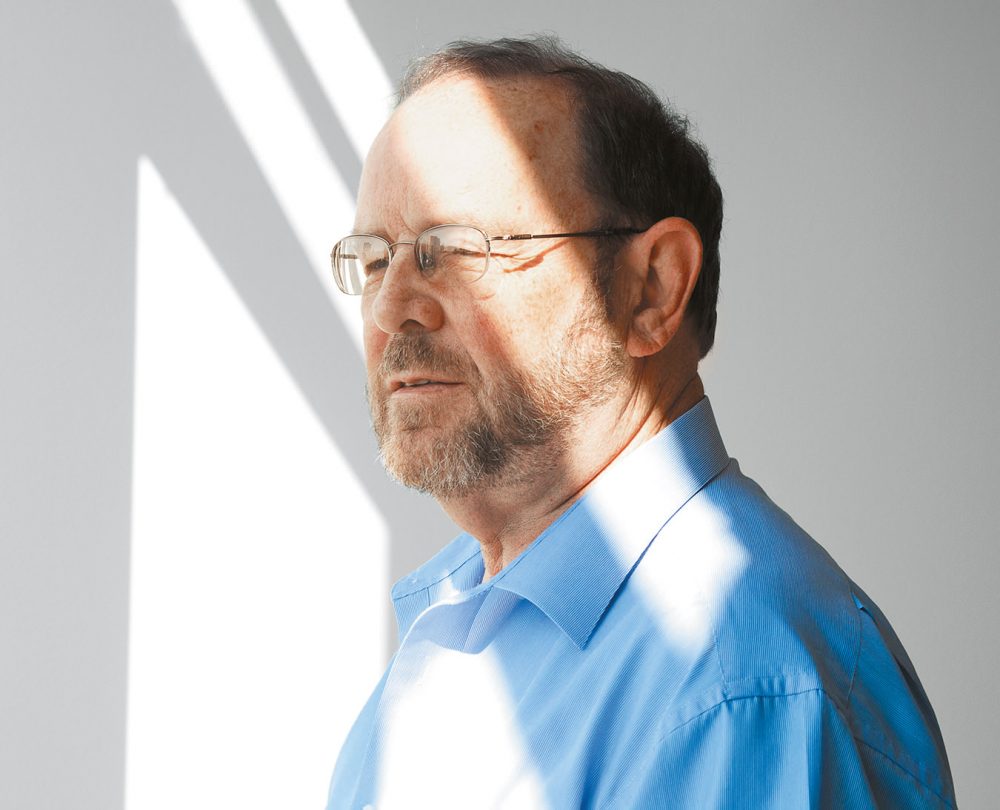In the sometimes fevered, always hectic and competitive world of charitable and philanthropic activity, things are not always as they seem. What is commonly referred to as “The Ask”, that crucial moment when individuals, governments and corporations alike are given the expressed request for actual money for a particular cause, is no longer a matter of people putting cash in a jar, or writing a cheque. And when that happens, there are questions: about how the charitable foundation conducts its business, where the money actually goes and what tangible good is being done. John Bromley of Benefic, states simply and directly that “cutting a cheque and asking for a receipt should be the very last option for charitable contribution.”
Why is that? Benefic is a company, run by John, vice-president, and his father, Blake Bromley, president, that endeavours at all turns to answer that question, and in the process provide solid advice about all the desirable alternatives available. “Giving money to a charity, or contributing to a foundation, in the end, should be about how to ensure the money is spent in the best way possible. In addition, it should make sense, from a legal and a business perspective, and that is what we try to help with.”
Benefic moves in areas well beyond the scope of what we might think of as charity or philanthropy. Given Blake Bromley’s extensive experience and expertise in charitable tax law, Benefic is in a position to look beyond the idea of simply giving money to a charitable organization, or setting up a foundation for philanthropic purposes. The idea is to look at the total package: the method of giving which will achieve maximum tax efficiency for the donor, the relative merits and problems in giving assets rather than cash, and the limits charity law imposes on what donated funds can be used for. That is, there are instances where taking a tax deduction means a loss in the effectiveness and long-term growth of the money because of these restrictions.
These are complex waters, certainly, but one of Benefic’s overall philosophies, put into practice every day, is the notion that sometimes the most effective tool for social good is to create a business that intends to accomplish just that. Or to modify the operating philosophy of your current business to adopt more socially responsible methodology, and to have that sustain itself over time, just as with any other business practice.
Blake Bromley writes various papers, documents, and what he calls a blog, but which reads much more like an approachable but nearly academic-calibre series of essays, on matters such as this. In one notable example, called “What’s the best way to invest money for good returns? The case of Warren Buffett and Bill Gates”, he delineates the difference between “distributive charity” and “investment philanthropy”. He discusses Warren Buffet’s recent decision to donate roughly 85 per cent of his wealth (something in the area of $37-billion) to the Bill and Melinda Gates Foundation, and suggests that it may not necessarily be the best way to maximize that vast amount of money in terms of doing social good. Bromley draws a small parallel to the endowment at the University of Florida Athletics Department, which was to fund research into a drink that would benefit training athletes, since water was considered to cause cramping. The result of the research was Gatorade, and the university sold its research to the open market, while retaining a percentage of the manufacturing rights for Gatorade, resulting in over $80-million into the university over a three-decade span.
The convoluted nature of how money is donated to a cause gives rise to the need for a clear-headed assessment of what the overall purpose of the gift is. In this, Benefic has virtually no peers. Blake Bromley is the primary foreign consultant to the government of China in its efforts to draft a charity law and tax provisions to enable the growth of the charitable sector in that country. Though he has been to China more than 20 times for this work in recent years, he consults, in fact, all over the world—and does not always think inside the box. The approach is steeped in the history of charity tax law, and the evolving sate of those laws, in a wide variety of countries.
“It’s not a matter of feeling good about your giving, but of your giving actually resulting in the greatest good possible.”
There is a strong component, as well, of corporate citizenship: Benefic offers advice to corporations in how best to apply their values in terms of responsible practices, involvement in the community and long-term sustainability within the realm of corporate citizenship.
Again, the complexity of the topic means there are rarely simple answers. The Benefic paper presented by Blake Bromley to the Air India inquiry investigating the Air India terrorism plot runs a full 35 pages. It not only deals with the strategic issues of winning the battle for those affected, but also posits a number of scenarios in which Canadian tax law facilitates funding terrorism even when a charity obeys all of Canada’s charity law requirements. And on contentious issues, Benefic is not shy. Blake Bromley’s blog on the Gulf oil spill contains this memorable passage: “Though those charities, government agencies and non-profits that have given BP awards for corporate social responsibility and environmental stewardship do very good work, and have good intentions, we have to hold them somewhat responsible for BP’s fake green halo, and the understandable public disappointment over it.” While many people may well think this, you will have to look far and wide to find someone committing, in a fair-minded way, to this idea in print.
What the Bromleys are manifestly about is calling it as they see it, not shying away from tough issues. They take some of the treasured preconceptions about charity and philanthropy and apply the litmus test of history and law, thus arriving at sometimes unconventional conclusions for their clients. It is, as John Bromley describes it, “not a matter of feeling good about your giving, but of your giving actually resulting in the greatest good possible.”
Photo: Mark Reynolds.









